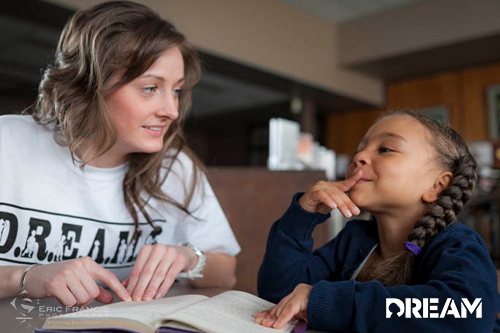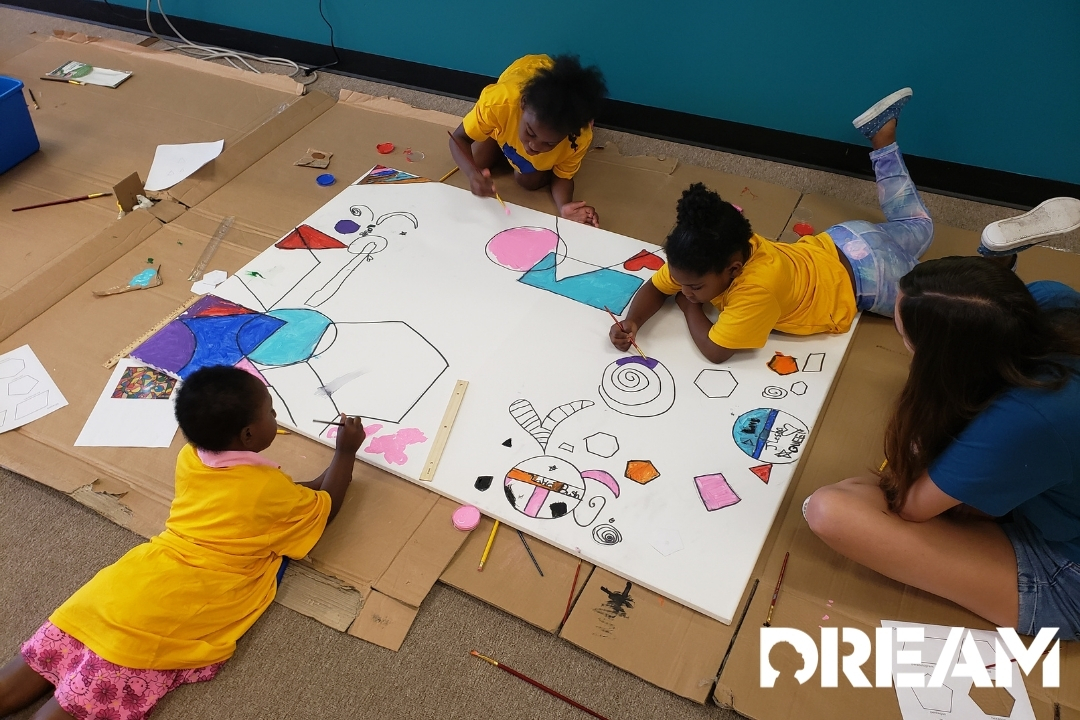Being a mentor is a rewarding experience that positively impacts the lives of others, and it is just as meaningful and impactful for your own life. However, certain key skills are needed to be a great mentor. We want to give the youth in our community the guidance and support they may not otherwise have. Let’s discuss the qualities of a good mentor!
Empathy
Empathy is the ability to understand and share the feelings, experiences and perspectives of others. By cultivating empathy, mentors create a safe and supportive environment where mentees feel heard and validated. Empathy enables mentors to provide guidance and support that is sensitive to the unique challenges and needs of their mentees.
Active listening
Active listening involves giving full attention, being non-judgmental and demonstrating genuine interest in what the mentee is expressing. By actively listening, mentors gain valuable insights into the mentee's thoughts, emotions and concerns. This skill helps mentors build trust, establish rapport and tailor their guidance to the specific needs of their mentees.
Organization
Being organized helps you set goals, establish timelines and create action plans to guide your mentees' progress. By being organized, mentors ensure that the mentorship journey remains focused and productive. This skill enables mentors to keep track of important milestones, monitor mentees' growth and provide support.
Leadership
Mentors serve as role models, leading by example and encouraging mentees to embrace their challenges and take ownership of their goals. Mentors can empower their mentees to tap into their potential, explore new opportunities and become confident individuals who can give back to the community.
Creativity
Creative mentors bring a sense of imagination to the mentoring relationship. They encourage mentees to think outside the box, explore new ideas and embrace their unique talents and interests. By fostering creativity, mentors help mentees discover their passions, develop critical thinking skills and overcome obstacles in innovative ways.
Problem-solving
Mentors help identify obstacles and brainstorm strategies to overcome them. Mentors teach mentees problem-solving techniques, such as how to break down bigger problems into smaller steps that can be solved. By nurturing problem-solving skills, mentors foster resilience and adaptability in their mentees.
Communication
Mentors have to be skilled in expressing themselves clearly and providing constructive feedback. They create an open and non-judgmental space for mentees to express what they’re feeling. Effective communication helps build trust, strengthen rapport and promote collaborative problem-solving, which all help mentees grow and thrive.
If you have the qualities of a good mentor, volunteer with DREAM
If you’re passionate about at-risk youth and want to help them do better in school and life, consider volunteering with DREAM. Anybody of any background can learn the qualities of a good mentor. Contact us today for more information on how you can begin mentoring underprivileged youth!






